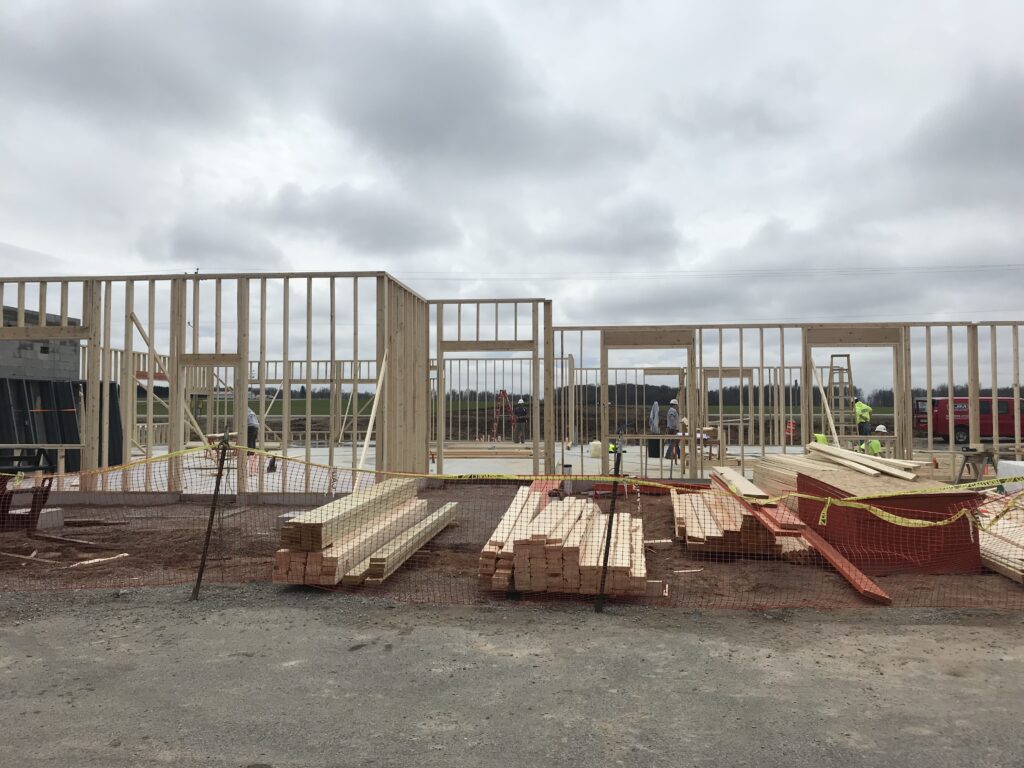If you are looking for Building/Zoning information for any of the following, please follow the link to download the proper form:

Land Use:
Call Zoning Administrator Debbie Deiderich at 920-676-1517.
Land Use Permits, Culvert Permits, Outdoor Wood Burner Permits, Fence or Hedge questions or any questions regarding Zoning.
Culverts have a minimum size requirement of 18″ by 24′ with end walls.
Burning Permits are not required.
Building permits:
- Call Building Inspector Bryan from Procheck Inspections, LLC at (920) 373-7598
- To access the towns fee schedule, click here
- Click on link above for Building permit
Commercial
If you are interested in opening a business in Pittsfield, please view our comprehensive plan and contact Town Chairman Scott Mielke at 920-865-1200 or scott@Townofpittsfield.Org.
Questions regarding Zoning of a piece of property: Call the Town Zoning Administrator Debbie Diederich at (920) 676-1517
Questions on our Sanitary District contact: Supervisor Brandon Holewinski at (920) 621-3824 or at Brandon@Townofpittsfield.org.
Zoning
Questions regarding Zoning of a piece of property: Call the Town Zoning Administrator Debbie Diederich at 920-676-1517 or send an email to debbie@townofpittsfield.org
This ordinances is intended to promote the orderly development of the community in accordance with
the Official Town Comprehensive Plan or any of the component parts thereof.
The Zoning Ordinance of the Town of Pittsfield, Brown County, Wisconsin is adopted for the following purposes: to lessen congestion in the streets; to secure safety from fire, panic, and other dangers; to promote and to protect the public health, safety, comfort, convenience, and general welfare; too provide adequate standards of light, air and open space; to maintain the aesthetic appearances and scenic values of the town; to prevent the overcrowding of land; to avoid undue concentration of population; to facilitate the adequate provision of transportation, water, sewerage, schools, parks, and other public requirements; and to foster a more rational pattern of relationship among agricultural, residential, business, commercial, and manufacturing uses for the mutual benefit of all.